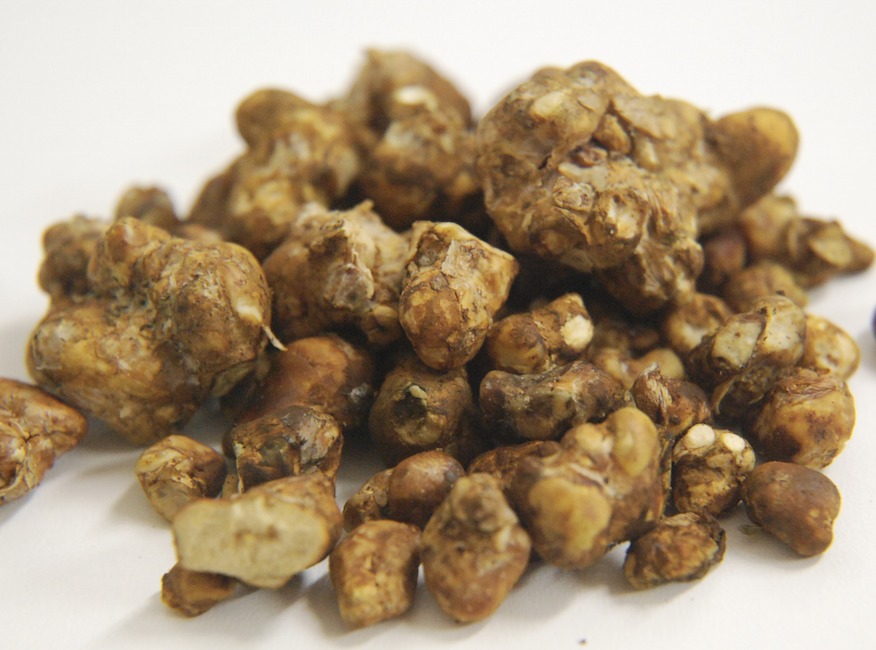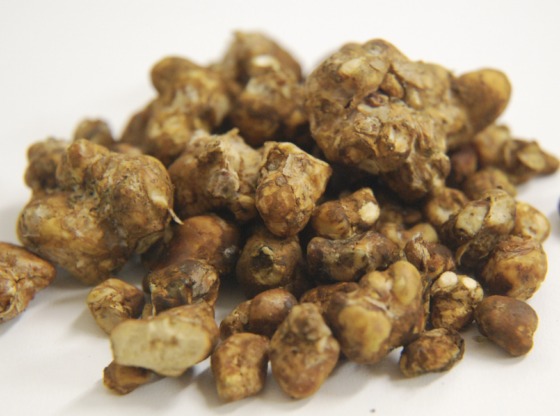Higher prices: top value added tax rate for magic truffles


Magic truffles, the psychedelic mycelium that is sold in Amsterdam’s smart shops, should come under the 21% value added tax rate because they are not classed as food, judges in The Hague have decided.
The case is the latest in a string of legal tests focusing on sclerotia truffles, the cultivation and sale of which is legal in the Netherlands. The cultivation and sale of most other types of psychoactive mushrooms, and the possession or extraction of psilocybin, is not.
The case was taken to court by a truffle seller who said his products should fall under the 9% btw rate which covers food. Truffles had fallen under the low rate since they first went on sale in 1997, but in 2019, the tax office said they should be charged at the normal, higher rate.
In the new court ruling, published last week, judges say that the truffles are a stimulant and should therefore fall under the same btw rating as alcohol and tobacco products.
Supplements
In 2020, the Dutch Supreme Court ruled that supplements meant to boost the libido such as ‘Spanish fly’ and herbal ‘poppers’ are not foodstuffs and as such should not fall under the low rate of value added tax (btw) either.
The European Court of Justice had ruled in October 2020 that the products could qualify for the lower rate because they are ‘ingested orally’ and that some of the ingredients are used as food by humans. Dutch judges, however, set that ruling, which was advisory, aside.
The definition of foodstuffs, the European court said at the time, covers all ‘products containing nutrients which serve as building blocks, generate energy and regulate [the body’s] functions.
Thank you for donating to DutchNews.nl.
We could not provide the Dutch News service, and keep it free of charge, without the generous support of our readers. Your donations allow us to report on issues you tell us matter, and provide you with a summary of the most important Dutch news each day.
Make a donation